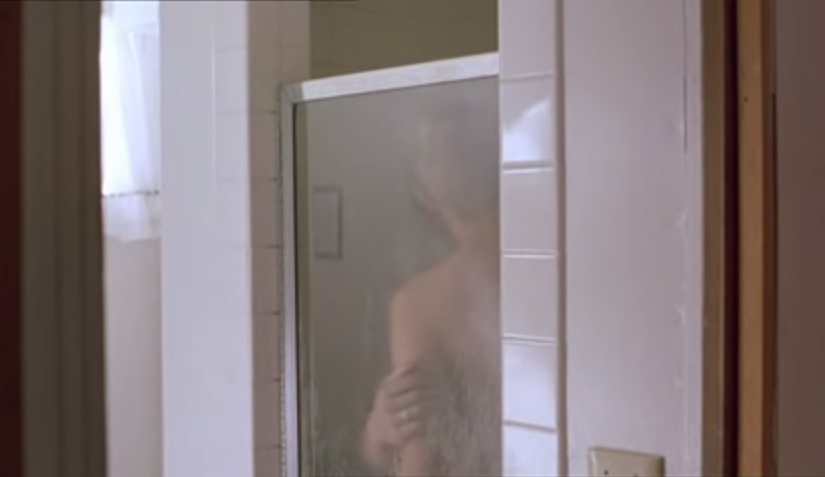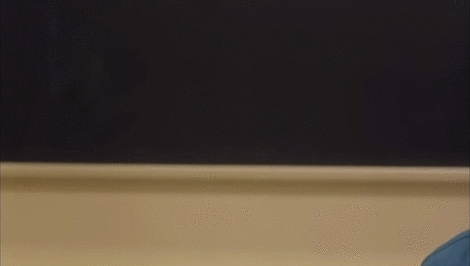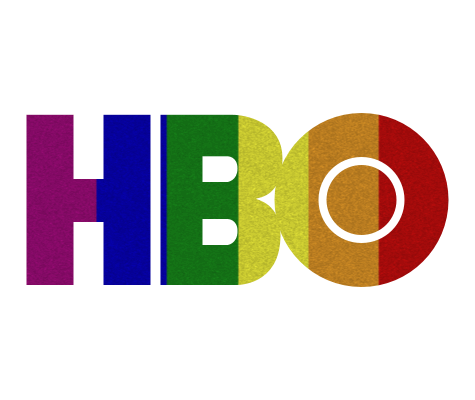Manuel is working his way through all the LGBT-themed HBO productions...
Last week we praised Tom Wilkinson and Jessica “Patron Saint of Hand Acting” Lange in the 2003 trans film, Normal, which feels oddly timely what with I Am Cait, and Transparent covering similar territory a dozen years later. This week we look at the Diane Keaton (!) produced film, Elephant, Gus Van Sant’s fictional take on the Columbine High School massacre.
Using mostly non-professional actors and featuring dizzying long-takes to make you feel the passing of time leading up to the horrific events at a high school in Portland, the film is not immediately or easily catalogued as an “LGBT” film, but it makes for a fascinating entry into our long-running project, given both its director and its oblique treatment of homosexuality. [More...]
Elephant (2003)
Written & directed by: Gus Van Sant
Starring: Alex Frost, Eric Deulen, John Robinson, Elias McConnell, Nathan Tyson and Carrie Finklea.
Elephant is hard to watch. Intentionally so. Van Sant’s film is recursive and unflinching. It offers you a slice-of-life mosaic portrait of a non-distinct high school in the United States blithely unaware of why it’s at the mercy of Van Sant’s gaze: an artsy photography student takes and develops some pictures, a jock walks around the school and meets up with his girlfriend, three girls gossip and chat over lunch, a mousy girl arrives at the library, two loners in camo gear approach the school with rifles and explosives ready to wreak havoc. The mundanity of those first handful of characters make the appearance of the two shooters (and the ensuing violence they stage) that much more traumatic. Rather than build up to it, Van Sant’s film encircles his film towards it. We could say Van Sant’s camera treats its subjects with an impersonal, almost uninterested, lens were it not so enthralled with their own mundanity, but the film’s refusal to privilege any of them or their own petty storylines adds to a sense of impending danger that neither framing nor plot development will prepare you for.
So, why include Elephant in an LGBT history of HBO Films?

“Well this is it. We're gonna die today. I've never even kissed anyone before, have you?”
Well, there’s that. And yet, this chaste and obliquely shot kiss between the two boys who then go on a shooting rampage doesn’t quite add up to much. Van Sant’s camera refuses us access to Eric and Alex’s faces and reactions: does it signal a budding romance or merely a belated attempt at intimacy? Much like everything else in the film it is intentionally devoid of context. Were it the only scene in the film concerned with homosexuality, we might be quick to frame this moment as an attempt to further “other” both shooters, pointing to their burgeoning (or repressed?) homosexuality as indicative of their other abnormal tendencies. The film ends, after all, with a sensitive, young ‘artist’ about to kill the archetypal heterosexual couple of the piece. Isn’t this the allegorical death-driven gay male figure society fears?
But, this is a Van Sant film, one which gives us a lengthy scene at the school’s Gay Straight Alliance meeting, so such a facile conclusion is hard to make.

Seen as a 360-shot, with its revolving camera indifferently surveying the various GSA members, the scene is concerned with the seemingly banal question: Can you tell if someone is gay just by looking at them? The answers are surprisingly nuanced, hinging as they do on what we can and cannot know about a person by just looking at them, unwittingly alerting us to the very rhetoric that usually gets deployed when dealing with gun massacres like the one depicted in the film: who’d have thought that a frustrated if seemingly sensitive piano-playing student would be planning mass murder? How, to borrow one GSA student’s answer, would one have been able to “know their spirit”?
Van Sant offers no easy answers. His film is content with merely following its subjects and then, just as suddenly, slipping away; we’re not even offered a tidy conclusion to the day’s events. We arrive in media res and exit the same way. His frank and unsentimental depiction of gay youth marks Elephant as an anomaly among the recent films we’ve looked at: there’s no heightened emotional drama to frame these characters as in Alan Ball’s Six Feet Under, and no socio-cultural framework to help understand this community as we had in The Laramie Project. In this it stands alone in treating its characters (gay or straight) with the same indifferent gaze; therein lies its transgressive and refreshing sensibility, because boy is it unlike anything we've looked at on here.


Awards Fun Fact: The 2003 Cannes Film Festival jury awarded Elephant the Palme d’Or and Gus Van Sant their Best Director prize. And while I understand why Van Sant’s film didn’t feature into any Oscar conversations, that still won’t stop me from saying that Harry Savides’s cinematography (which won the New York Film Critic’s Circle award and was nominated for an Indie Spirit Award) should really have also made the Academy’s shortlist, especially since it was surprisingly open to first-time nominees that year.
